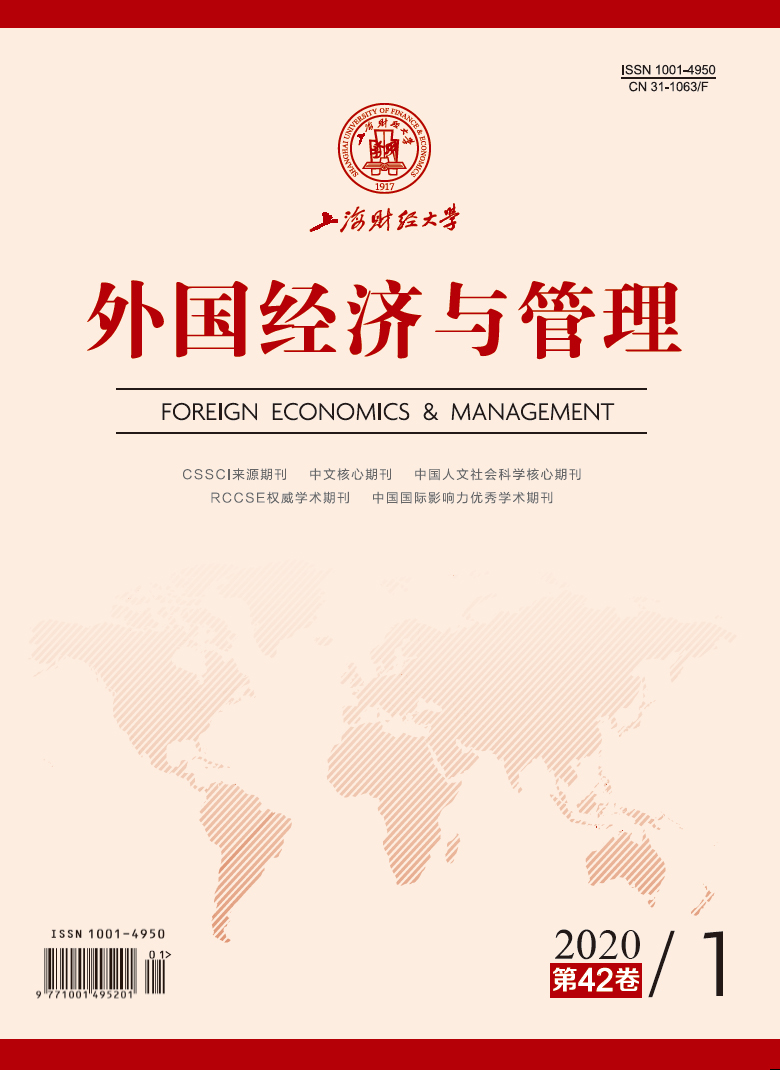In this paper, we systematically review the construct development, constitute, formation mechanism, overcoming strategy and the impact of liability of origin on the internationalization strategy of EMNEs, and then construct an integrated analytical framework for the study of liability of origin.
Firstly, this paper summarizes the connotation and concept evolution of liability of origin. Early studies mainly define the competitive disadvantage faced by multinational enterprises in the host market as the liability of foreignness, and do not treat liability of origin as an independent phenomenon.
Secondly, this paper summarizes the compositions and their formation mechanism of liability of origin. Liability of origin can be divided into two categories: capability-based disadvantage and legitimacy-based disadvantage. The capability-based disadvantage refers to the negative impact of the institutional environment of the home country on the capacity-building to EMNEs, which is mainly caused by the home country institutional constraints.
Thirdly, liability of origin not only affects the internationalization capability and the legitimacy of EMNEs in the host country, but also affects the choice of the internationalization strategy of EMNEs, such as the internationalization path, the choice of the market entry mode, the management strategy after entering the host countries.
Finally, this paper systematically reviews the strategy to overcome liability of origin, including corporate social responsibility disclosure, organizational identity mechanism, institutional entrepreneurship, and strategic alliances.
A systematic review on the liability of origin literature will not only help us to better explain the unique challenges faced by EMNEs, but also deepen the research of international business of EMNEs. For the practical contribution, it helps Chinese enterprises to identify and respond to internationalization risks and improve their internationalization performance under the background of the Belt and Road initiative and de-globalization.





 , 1, 2
, 1, 2 5850
5850  6151
6151

